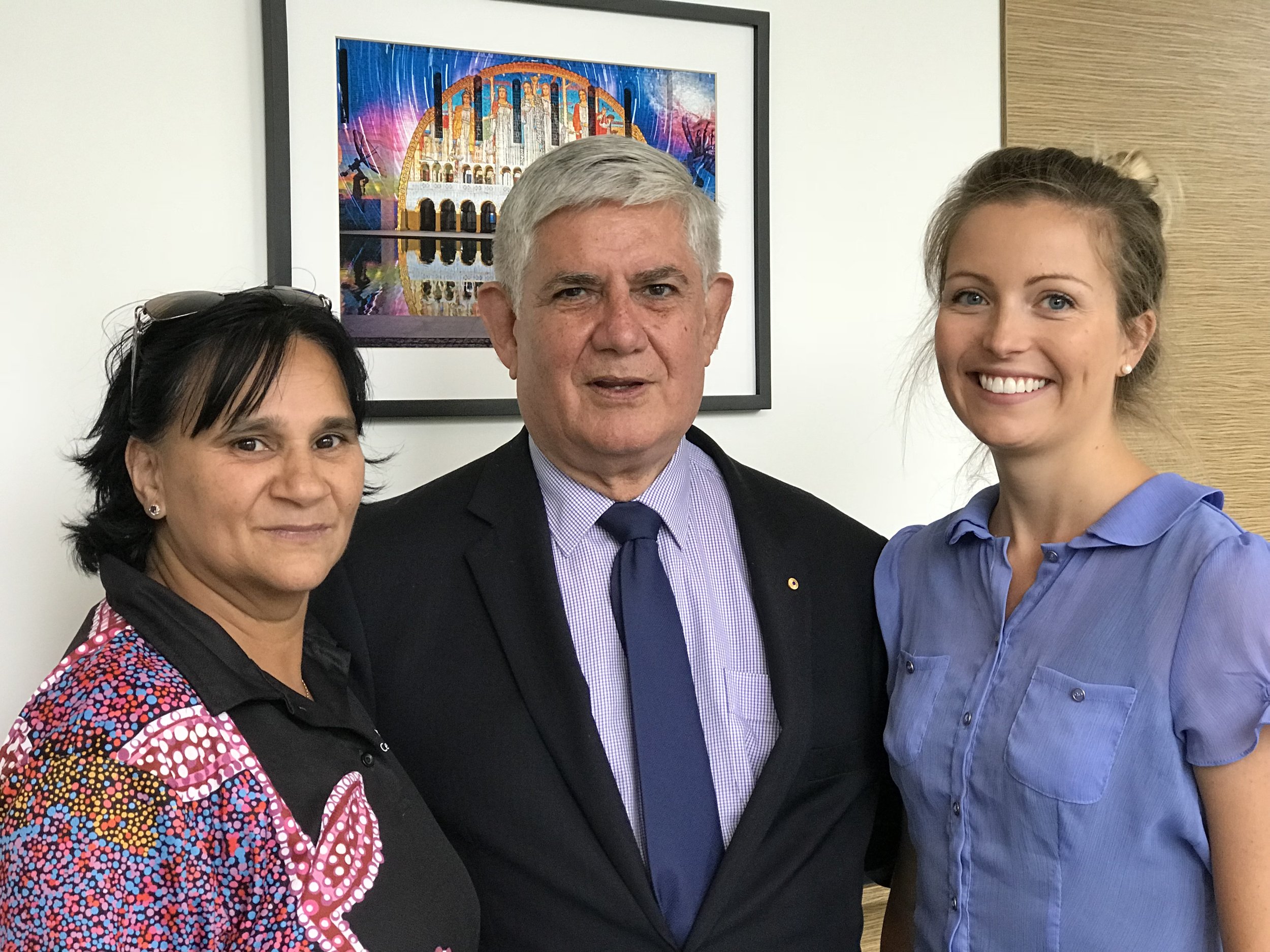By Hazeen Latif
When it comes to community empowerment, service providers often look at what resources and strengths THEY have and what THEY can do to meet community needs. But it is too easy to overlook what the community already has, to meet its own needs, even among poor and marginalised communities. As a core value of HCR, whenever we work with communities we always begin by listening to them and helping them to listen to each other, exploring what assets and strengths they already have, before we begin to explore what things need to be improved (see blog “It’s a ting thing”).
In our work among village communities in Pakistan’s KPK province, for example, it would have been far too easy to focus on the desperation felt by many young people, which has often resulted in frustration, substance abuse and even gang violence. But as we began our listening activities, we heard stories of youngsters who really wanted to do something meaningful with their lives, but didn’t know how. We also found tremendous energy, talent and enthusiasm for sports as well as plenty of open ground to organize sporting activities such as cricket competitions.
With HCR’s help, the young people recently came together to register a community-based organization calling themselves, “New Dawn Community Services Group” and one of their first activities has been to set up a volleyball court on some unused open ground.
A “New Dawn” for volleyball in a village in KPK Province, Pakistan
“New Dawn” Volleyball has now become an important feature of village life for both young and old alike as some gather to play and others to watch. As one father told his son as he came in starving, after a long game of volleyball: “It is a miracle that you are home early today”.
Among other community support activities, one of New Dawn’s next goals is to bring neighbouring communities together to play a cricket tournament, something we first tried successfully in 2015.
Besides taking young people off the streets and giving them healthy activity to do, sport really does bring people together, but best of all, it’s completely run by the community and for the community. And it all started with a simple act of listening!







